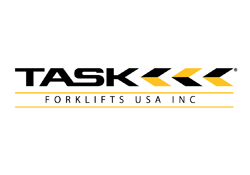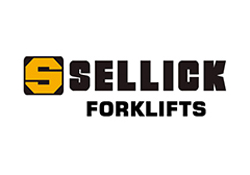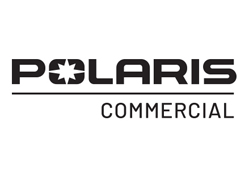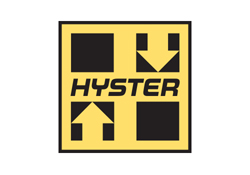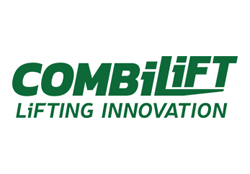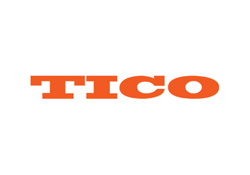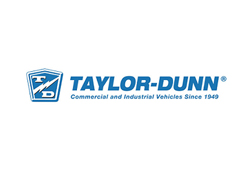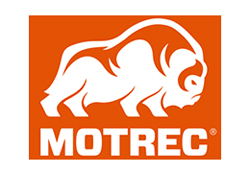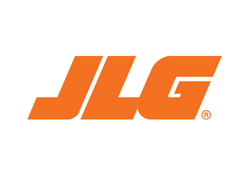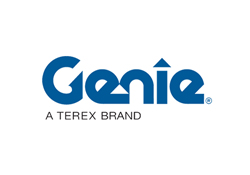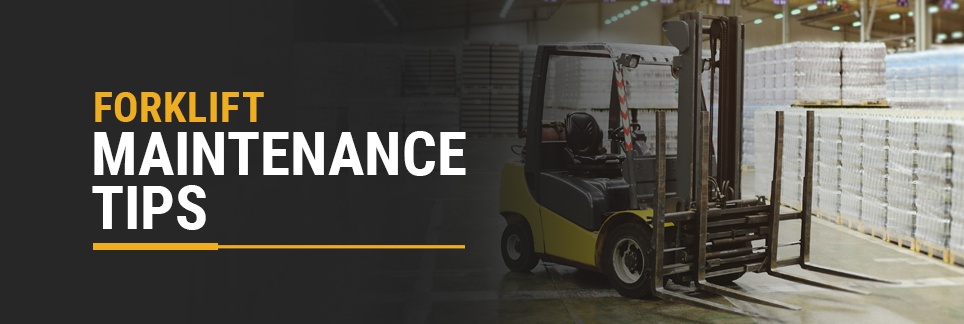
Forklift maintenance is essential to ensure the reliable performance of your equipment. By conducting daily inspections before each operator’s shift and periodic in-depth maintenance, your forklift can last many years and provide dependable service.
If forklifts are neglected, minor issues can become significant, expensive problems that require extended downtime to repair. Neglected forklifts can also jeopardize the safety of the operator, surrounding workers and nearby valuables. Approximately 85 forklift-related deaths and 34,900 forklift accidents are reported annually. Although 20%-25% of these incidents result from improper training, the remaining portion may be attributed fully or partially to inadequate maintenance and service.
Why Is Regular Maintenance Important?
Forklift maintenance is critical to ensure the mechanical integrity of the lift, as well as operator and crew safety. Some of the benefits of regular maintenance are more obvious, such as proper mechanical operation. However, there are many more benefits that can positively impact your profit margins and maximize your forklift investment.
1. Extended Life Span
There are many signs that a forklift has been properly maintained, including having all parts replaced at their proper end of service life. Forklifts with reliable structural components can continue to operate without unplanned downtime, maximizing their value. Keeping your forklift on a strict servicing schedule ensures you get the most out of your machine, with years of dependable service.
2. Increased Resale Value
Another perk of performing regular forklift maintenance is an increased resale value. Sticking to service intervals lets potential buyers know you took care of and respected the machine. Suppose the service logs are well maintained and documents are up to date. This documentation can act as a letter of assurance to prospective buyers, enabling you to charge a higher price for your well maintained and reliable forklift.
3. Improved Safety
Operators need to trust that their forklift will perform properly. However, they can only rely on their forklift if they’re sure it has been properly inspected and serviced. Operators worried about forklift failure may hesitate at the controls, potentially leading to accidents, drops, injuries or fatalities. Regular maintenance allows operators to be confident, which is essential in fast-paced warehouse and industrial environments.
4. Decreased Downtime
By scheduling proper service intervals, downtime can be planned weeks in advance. Technicians can perform routine service tasks and replace worn-out parts. Scheduled maintenance and repair can be done during weekends or evenings, when the forklift isn’t required for day-to-day operations. This planning ensures unnecessary mechanical breakdowns do not impede your business operations.
Many businesses rely on forklifts to perform essential services for their successful operation. The last thing a busy shop or warehouse needs is a forklift breaking down in the middle of a busy day. Customers and employees alike appreciate when an operation runs smoothly, and that includes reliable equipment.
How Often Do Forklifts Need to Be Serviced?
How to maintain a forklift depends on findings from routine inspections. Technicians can only perform proper forklift maintenance by regularly examining all the machine’s parts and systems. Without frequent inspections, professionals can’t identify which parts need to be replaced and which systems need tended to.
The frequency and purpose of forklift inspections depend on the following factors:
- Age calculated in number of operation hours
- Mechanical condition
- Previous damage
- Existing service record
How much it costs to maintain a forklift also depends on the above factors. Routine maintenance helps keep service costs low throughout the forklift’s life span. It’s a good idea to consult a professional forklift mechanic who can create a custom forklift maintenance schedule. Many of the above factors will change from lift to lift, which is why a seasoned professional can be helpful to craft a custom maintenance schedule.
Many of the maintenance items in the list below are the same for all types of lifts, including propane, diesel and electric. OSHA has comprehensive service inspection requirements, so the below tips to maintain a forklift are not exhaustive.
Daily Inspection
Daily forklift inspection is an essential component of forklift maintenance. OSHA forklift maintenance requirements can be summarized in a daily checklist that separates the inspection into engine-off and engine-on checks. Some of the daily inspection power off checks include:
- Leaks from fuel, hydraulic oil, engine oil or radiator coolant
- Tire condition and pressure
- Load backrest security
- Hydraulic hoses, mast chains, cables and stops
- Overhead guard
With the forklift powered on, a few of the daily inspection checks include:
- Accelerator
- Service brake
- Parking brake
- Steering operation
- Drive control in forward and reverse
Monthly Inspection
Monthly maintenance should occur around every 200 hours to 250 hours of service. These service and inspection items should be performed diligently because they are checked less frequently than the daily inspection items.
Some of the monthly service items include:
- Thoroughly inspect for any cracks appearing in the forklift structural elements
- Lubricate the chassis and mast components
- Change the engine oil and filter
- Adjust the engine timing and idle if necessary
- Inspect the drive belt tension
- Inspect the lift, tilt and cylinder operations
- Check the battery in electric forklifts
Quarterly, Semi-Annual and Annual Maintenance
Quarterly, semi-annual and annual maintenance items must be performed based on each lift’s specific requirements. To determine each lift’s needs, you should consult a forklift service professional for a custom service plan. Most forklift manufacturers also provide periodic service information upon request.
Some of the essential inspection and service items to include in quarterly, semi-annual and annual checks are:
- Thorough examination of any cracks that appear in structure, pedals and breaks, lift, carriage rollers or hoses
- Deep cleaning of the forklift, including the radiator exterior
- Adjust the clutch release bearing, tilt cylinder pins, mast support bushing and chassis links
- Replace all fluids including brake fluid, engine coolant, lubricant, fuel strainer elements and, in diesel models, water separator
- Torquing the manifold nuts and engine head bolts
- Magnetic particle test forks and main mast welds
- Battery checks and electrical system checks for electric forklifts
Not all of these service and inspection items need to be performed every month. However, trained technicians should thoroughly inspect critical elements frequently to ensure the forklift is safe to operate.
How to Keep Forklifts Running Efficiently
Forklift efficiency is all about performing sufficient maintenance and inspections and having a smooth operator at the controls. Adequate maintenance includes:
- Adhering to service intervals prescribed by the manufacturer
- Identifying which systems and components need ongoing maintenance, such as cleaning or lubrication
- Determining which parts need replacing, and doing so promptly
Conducting a daily inspection before each session can help ensure the lift’s reliability and safety. It can also make the operator aware of different parts of the lift and notice when changes occur over time. Having the operator browse the forklift manual and safety stickers can help them become safer and more efficient on the job.
How Do You Maintain A Forklift? — OSHA Requirements by Forklift Type
OSHA requires operators to perform additional inspections based on whether their forklift is electric, internal combustion or liquid propane. Electric forklift daily inspection items include:
- Cables and connectors
- Battery restraints
- Electrolyte levels
- Hood latch
Internal combustion forklift daily inspection items include:
- Engine oil
- Brake reservoir
- Engine coolant
- Air filter
- Belts and hoses
- Radiator
- Hood latch
Liquid propane forklift daily inspection items include:
- Secured propane tank
- Pressure relief valve
- Hoses and connectors
- Tank restraint brackets
- Tank for dents and cracks
- Leaks
Work With the Experts at Gregory Poole Lift Systems
Forklift maintenance is an essential investment for any business that relies on their forklift for daily operation. The benefits of scheduled maintenance include a longer service life and increased resale value. When it comes to improving the efficiency of a forklift, it’s important to stick to a service schedule. Without it, businesses can’t depend on their forklifts for everyday operations.
The forklift service experts at Gregory Poole Lift Systems can provide peace of mind that your forklift will run smoothly and maintain its value. Contact Gregory Poole Lift Systems today to schedule your service appointment.


